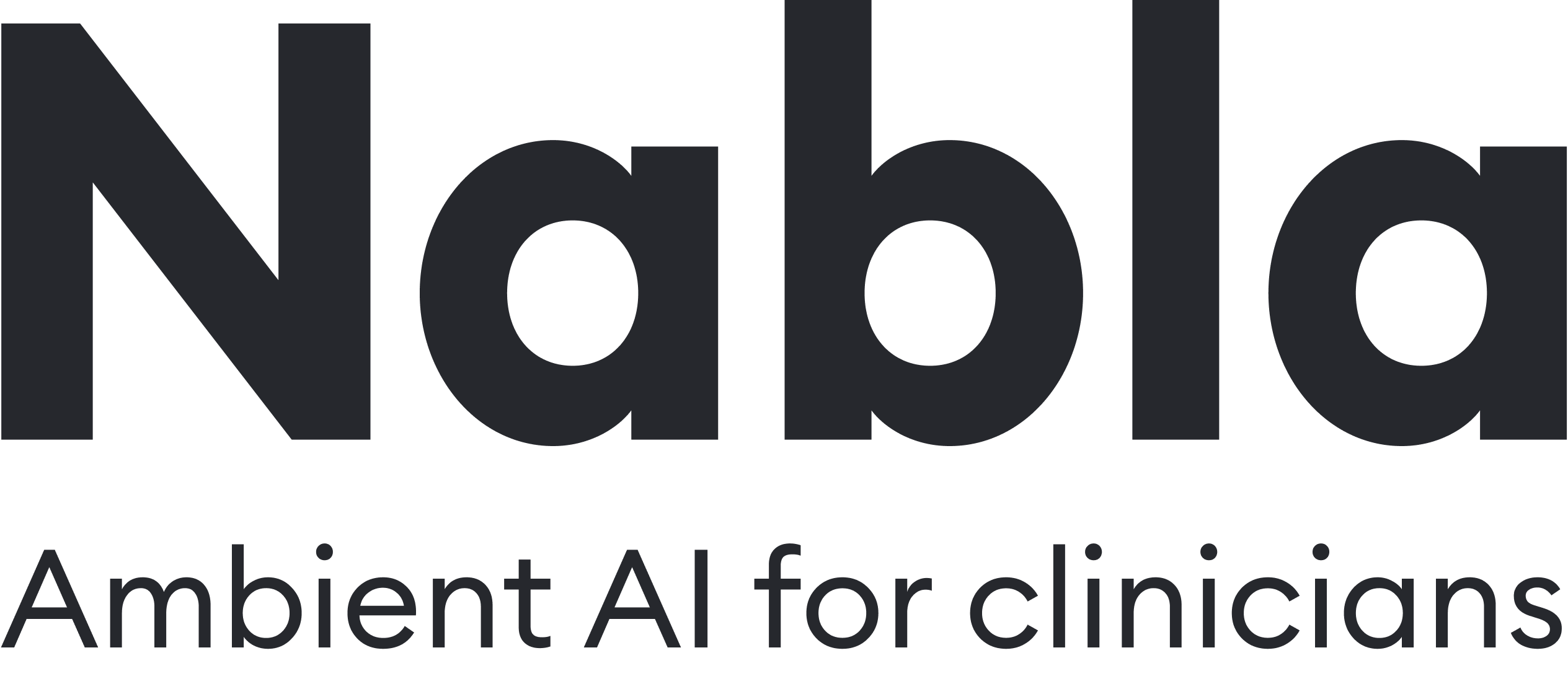In cooperation with | ● | 
|
|
| | | Big Tech is cozying up ever more closely to Big Med over a shared vision to “transform healthcare with generative AI.” The inference comes via word from Google Cloud, which announced its growing alliance with Mayo Clinic and several unnamed healthcare organizations June 7. The first initiative in the refreshed relationship will have Google setting up the decorated healthcare system with customizable search capabilities for internal and external seekers of information. The toolkit for pulling this off—an enterprise search function in Google’s Generative AI App Builder—lets Google Cloud customers apply some of Google’s most advanced, generative AI-aided search capabilities to internally built and maintained databases. Here are three things to watch for as the development plays out. - Gen App Builder’s enterprise search function promises to produce more efficient clinical workflows, smarter research queries and, ultimately, better patient outcomes. As Google explains it, the enterprise search function in Gen App Builder “unifies data across dispersed documents, databases and intranets, making it easier to search, analyze and identify the most relevant results.”
- Gen App Builder is now ready to support HIPAA compliance. Google Cloud customers also have access to tools to directly tune large language models and to review model responses for biased or unvalidated content, teaching the model to avoid inappropriate outputs, the company points out.
- Accessing insights more quickly and easily ‘could drive more cures, create more connections with patients and transform healthcare.’ That’s from Mayo Clinic CIO Cris Ross, who adds that he hopes Gen App Builder’s tools will help the high-achieving health system serve patients, researchers and healthcare workers in two ways: with conversational yet precise info searches and with outputs that help the seeker understand the results.
Read the announcement here, more on Gen App Builder’s search function here and Google’s earlier blog post on a “responsible path to generative AI in healthcare” here. |
| | | |
| |
| | | Buzzworthy developments of the past few days. - Brain specialists have trained a large-language AI model on the complete EHR of a sprawling healthcare system. The model ingests physician notes to predict rehospitalization, gauge infection risk and foresee other key clinical outcomes. It also has potential to help with operational tasks like billing and coding. The system was developed by neurosurgeons at New York University who state the achievement represents a solid step toward the “long-standing dream for physicians to have AI assistants observing care along with them and chiming in with predictions and advice.” Journal study here, NYU Langone news item here.
- Now comes an AI model that interprets electrocardiograms as language. Developed by researchers at Icahn School of Medicine at Mount Sinai, the system, called HeartBEiT, renders ECG readouts such that parts come out as individual words while the exam as a whole is a single document. Lead researcher Akhil Vaid, MD, says the model “understands the relationships between these representations and uses this understanding to perform downstream diagnostic tasks more effectively.” Peer-reviewed study. Mount Sinai news item.
- Royal Health of White Plains, N.Y., has established a subsidiary unit focused on radiological AI. The new unit, RoyalAI, is offering algorithms aimed at finding operational efficiencies. The product integrates with end-users’ existing workflows, broadening AI access with a simple software installation. Announcement.
- An Ivy League institution is opening a new center to advance precision medicine and healthcare AI. Dartmouth College in Hanover, N.H., says the facility will house medical researchers working on AI-powered diagnostics, therapeutics and public health policy. The center will reside on the campus of Dartmouth Hitchcock Medical Center in nearby Lebanon, N.H.
- Clarify Health of San Francisco lets “Clara” out to play. A generative AI aid for turning raw patient data into actionable clinical insights, Clara will take first steps that will be witnessed only by invited provider orgs in a closed beta launch. When all grown up and ready to roam, Clara will “enable organizations to uncover opportunities to influence and incentivize higher-value care decisions that directly result in better care and cost for patients.” Announcement.
- Got a smartphone? Check your blood oxygen level. Medical researchers in the Midwest have come up with an AI-driven smartphone app that lets users do just that. The team, based at Purdue University in West Lafayette, Ind., says the innovation can detect and diagnose conditions like anemia faster and more accurately than medical equipment dedicated to the task. Details.
- AI startup BigBear.ai (Columbia, Md.) is piloting a product for smart surgery scheduling. The AI offering, set for adoption at Children’s Hospital Colorado, helps manage suite utilization by computing OR capacity, resource availability, surgeon-specific metrics and surgical procedure trends. Announcement here.
- Reminder: ChatGPT wasn’t developed with medical research and practice in mind. And yet it has performed “surprisingly well in providing basic-level support in research and clinical settings,” researchers comment in a study published by the Journal of Multidisciplinary Healthcare. “This is a testament to its potential to revolutionize medicine and healthcare if further technological advancement of this model is made in conjunction with the medical field.”
|
| | | |
|
| |
|
|